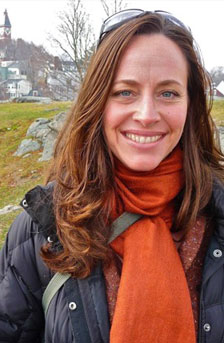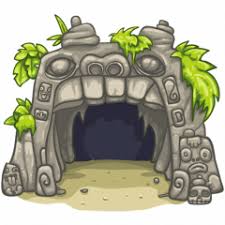When I was first diagnosed with MS, I was terrified, confused and displaced. No one in my family had MS. My doctor said there wasn't a cure and we couldn't yet tell what severity of the disease I had. I didn't know what that meant: could I die from MS? Would I transform from a self-identified 'power-yogini' to someone unable to walk? How could I live on my third-floor apartment in San Francisco? How quickly would the disease progress?
It all happened swiftly. I'd already been unable to balance on one side and when walking on even surfaces, had been increasingly falling flat on my face and back. My body felt 'off' for weeks. When I finally fractured my coccyx from a fall, about one week later my left side failed me. My arm started to wring with pain and the subcutaneous itching kept me up at night. My elbow didn't have the strength to hold a pumpkin for carving, my ankle kept giving out on me, and when I tried to run for the bus one day, my knee had no ability to bend quickly. The pain, plus my hyper-active bladder, were unrelenting.
With the physical symptoms came the self-loathing. I had just gotten married a few months earlier and I was about to start pregnancy hormone treatment due to a 'severely diminished ovarian reserve' at the age of 39. With my MS diagnosis, the doctors told me that if I chose to do IVF, my chance of successfully carrying a baby to term was less than 2% and my chance of a MS relapse was 97%. Barren. I locked myself in a dark room for days and cried. I felt that MS had taken my womanhood away from me. I had no desire to exercise or see the bright side - I simply despaired. I sincerely offered to annul my marriage so that my husband could have his own offspring with another more fertile woman out there in the world. Fortunately, he declined. 'We are in this together no matter what,' he said 'and you are going to be okay.' Even though I had this wonderfully supportive husband, I could sense his fear, too. He'd lost his mother to breast cancer when he was 10 years-old and had watched his dad care for her as she declined. This situation was hard for both of us—and it was my fault. The self-loathing inquisition continued: Did I do this to myself from my earlier days of partying? Should I have lived in nature as I'd always been called to do instead of staying in the city and working in stress-filled jobs? What kind of 'woman' was I?
I gained 10 pounds and saw nobody. I refused to read any more medical information on the internet. I felt like I was drowning. My husband felt useless. I felt useless. People offered advice they considered helpful—it was all a clamor. I just cried. I wonder if you can relate to this. I call it the 'dark night of the soul' and it feels like an all-encompassing experience. But I promise you, there is more, and we'll explore that together next week.
More Stories from Kinnected
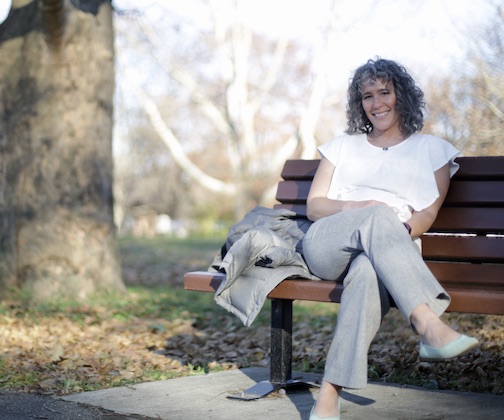
At times, it has been really frustrating to be a strategist and health communication professional and witness the lack of strategic planning and messaging that we have over the last two years.
-
4 years ago
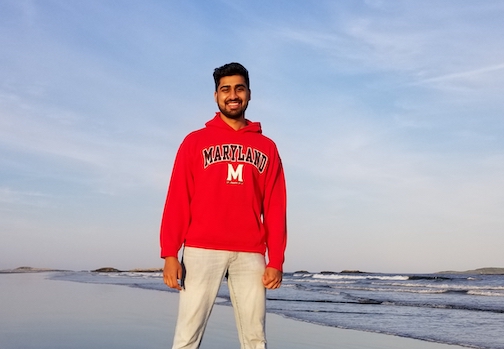
"What many people miss is that emotional exhaustion among clinicians existed long before the pandemic."
-
4 years ago
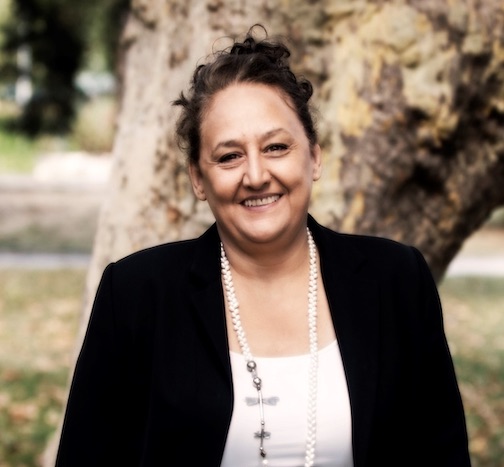
"A lot of people argue whether technology is good for the future of humanity or bad. In my opinion, it is both - just as an herb could be a poison or a medicine."
-
4 years ago
